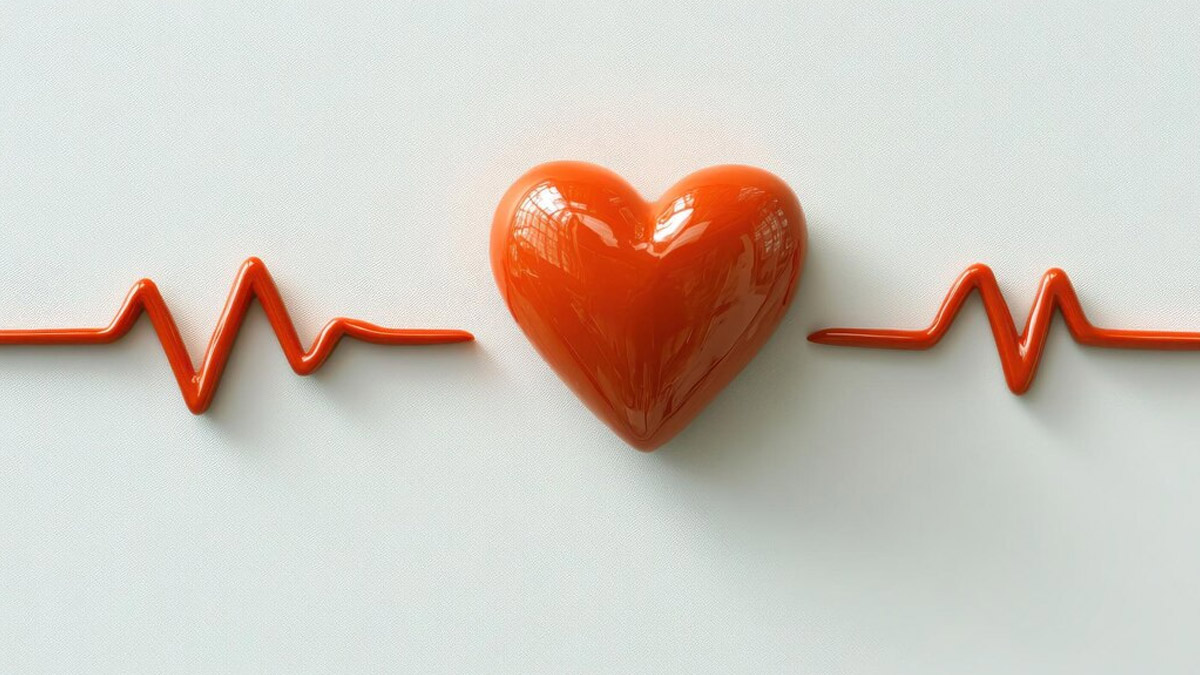Emotions are an essential part of our lives, ranging from joy and contentment to anger, fear, and anxiety. While we commonly associate heart disease with risk factors like high cholesterol, elevated blood pressure, obesity, and lifestyle choices such as smoking and alcohol consumption, we often overlook the impact of emotions on heart health. In fact, negative and extreme emotions, in particular, can have a significant effect on the heart.
OnlyMyHealth spoke with Dr Tanmay Kulkarni, Consultant Cardiologist at Jupiter Hospital, Pune, to explore the connection between emotions and heart health and how our emotional well-being can influence our cardiovascular system.
Also Read: What Does It Mean To Have A Healthy Heart Rate? Expert Answers
The Link Between Emotions And Heart Health
Managing emotions is crucial for maintaining heart health.
Dr Kulkarni says that emotions like happiness have been linked to a number of benefits, including enhanced lifespan and marriage happiness. In contrast, sadness has been related to a number of negative health effects and relational difficulties.
The doctor adds that stress, anxiety, despair, and loneliness have been related to poorer immunity, higher inflammation, and a shorter life expectancy.
In fact, a 2018 study published in the journal In Vivo found that negative emotions like anger, depression, and anxiety can increase the risk of cardiovascular diseases, particularly Coronary Heart Disease (CHD), diabetes mellitus, and obesity.
Additionally, the study revealed that individuals with cardiovascular diseases often struggle with emotional regulation, whereas positive emotions like hope can have beneficial effects on health.
Can Stress Increase Heart Disease Risk?
Dr Kulkarni says that stress can cause heart disease via a variety of mechanisms.
He explains, “Chronic or long-term stress can raise the body’s inflammatory response, which in turn promotes the buildup of plaque in the arteries and can result in issues such as coronary heart disease. Coronary artery disease can cause heart attacks, irregular heart rhythms, and heart failure. Chronic stress can cause chest discomfort, irregular heartbeats, shortness of breath, and an increased risk of heart attack and stroke.”
He further adds that stress may influence risky habits, such as smoking, overeating, excessive alcohol use, and physical inactivity, which are all risk factors for chronic heart conditions.
To manage stress, Dr Kulkarni recommends mindfulness and meditation, which are known practices for high blood pressure and sleep management.
Understanding Broken Heart Syndrome
Broken heart syndrome, also known as takotsubo cardiomyopathy or stress cardiomyopathy, is a condition that causes a sudden weakening of the heart muscle.
Interestingly, this condition can be triggered by emotional or physical stress and can mimic the symptoms of a heart attack, which include chest pain, shortness of breath, sweating, and dizziness.
Some emotional events that can trigger a broken heart syndrome include grief, fear, anger, surprise, or relationship discord.
Also Read: Silent Heart Attack: Can You Have A Heart Attack And Not Know It?
Expert-Recommended Coping Strategies To Manage Emotions For Heart Health
Health
For people looking to manage their emotions, which in turn can benefit heart health, here is expert advice:
Smile to boost your mood: Find a mirror and smile for at least 30 seconds. This simple act sends positive signals to your brain, making you feel happier. Smiling also helps connect with others and create empathy. Move around regularly to stimulate your lymphatic system and release ‘happy hormones’. Check in with your body to spot tension, breathe deeply to calm yourself, and talk about your feelings to resolve emotions. Labelling your emotions can reduce their intensity and help manage interactions with others.
[Disclaimer: This article contains information provided by an expert and is for informational purposes only. Hence, we advise you to consult your own professional if you are dealing with any health issues to avoid complications.]

